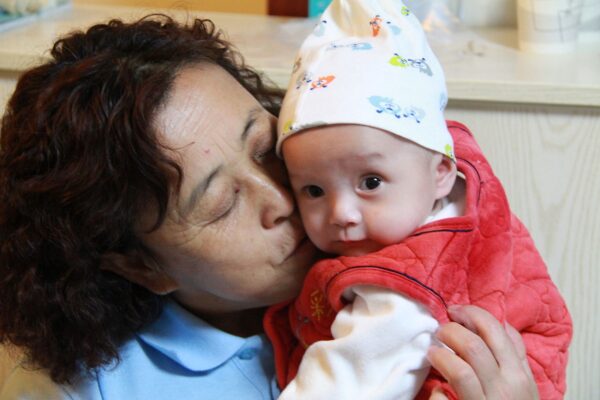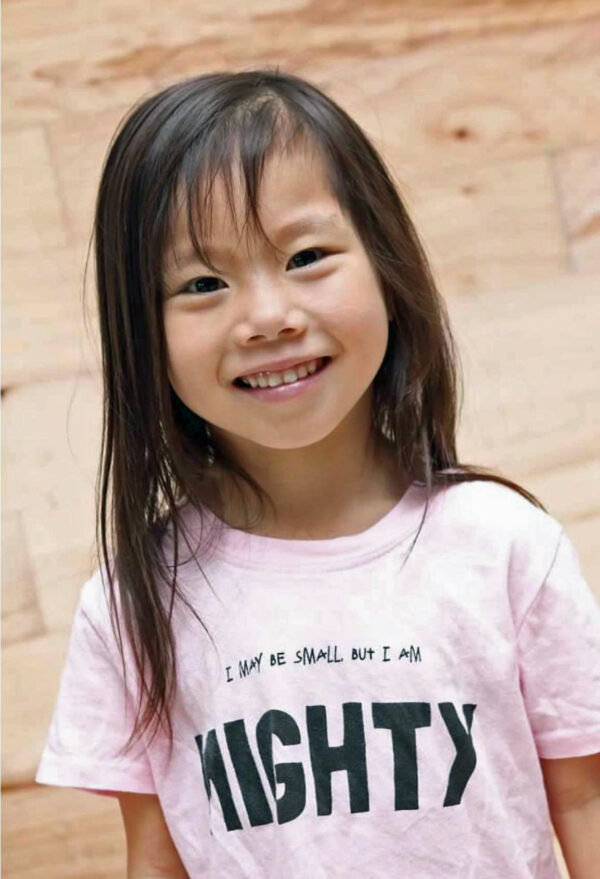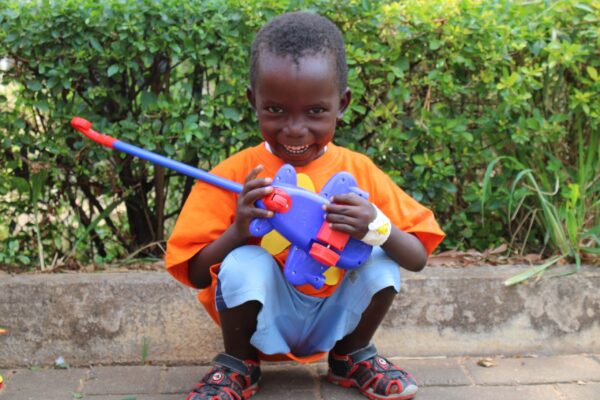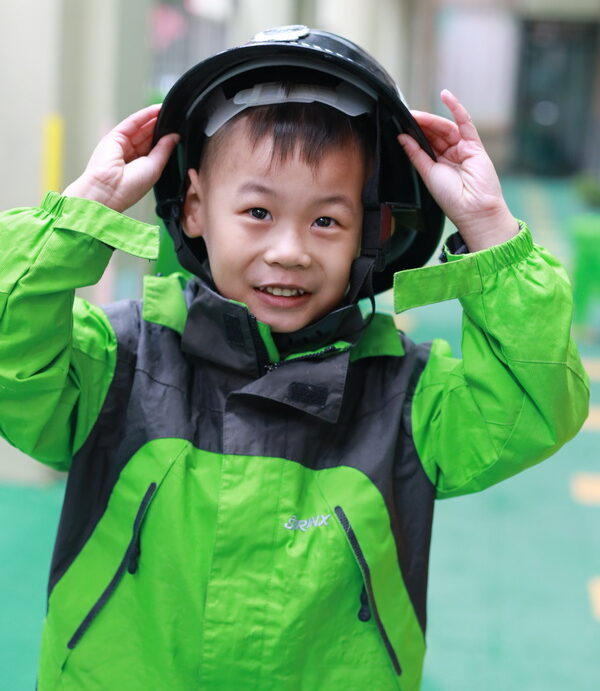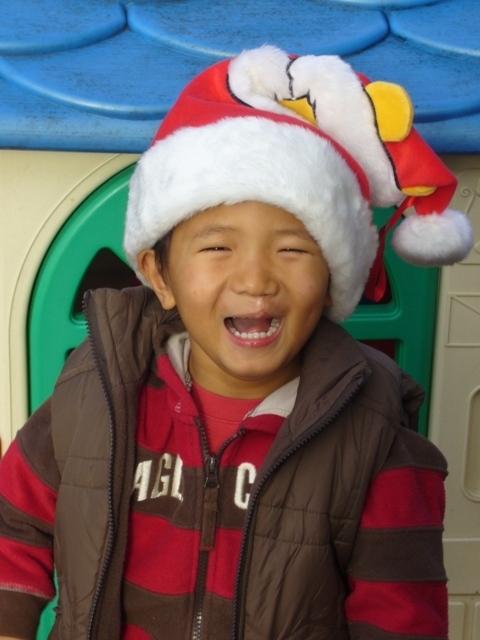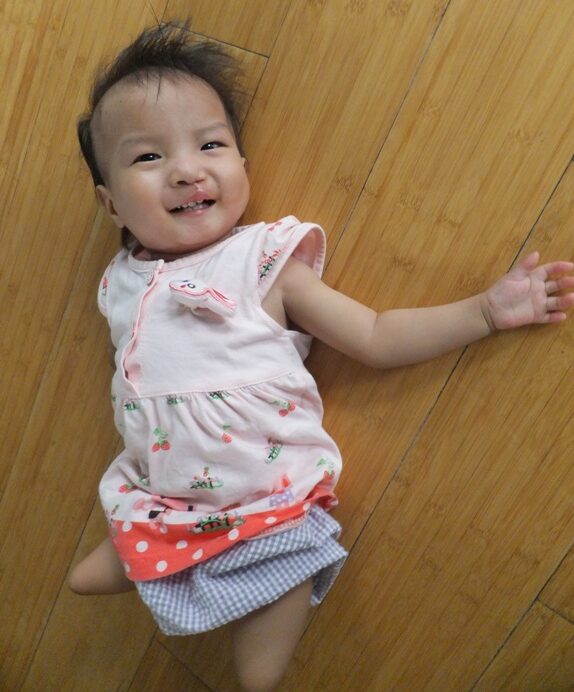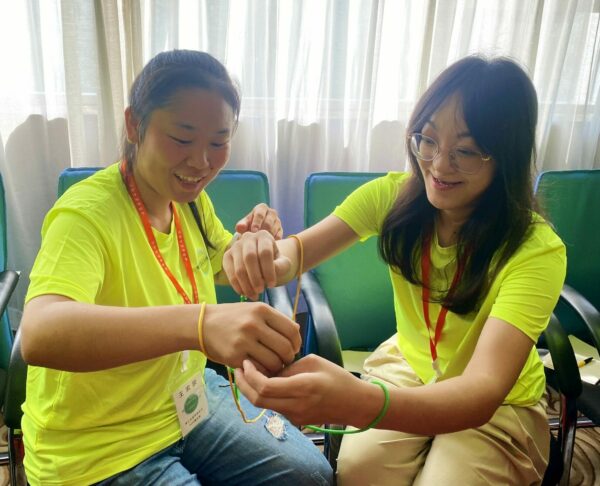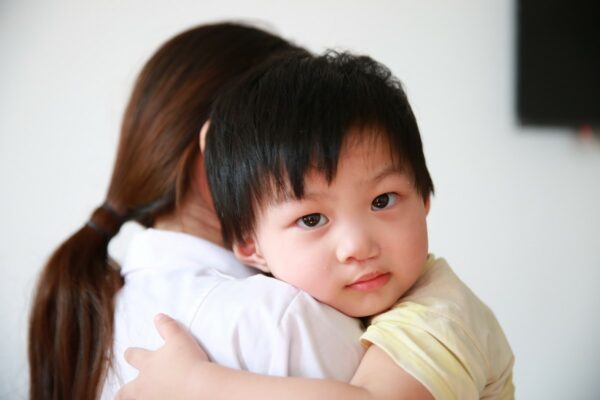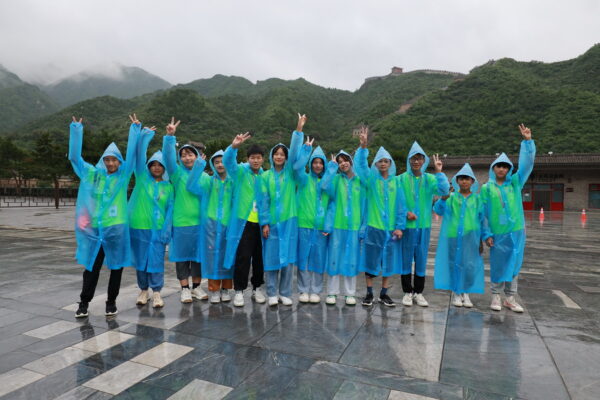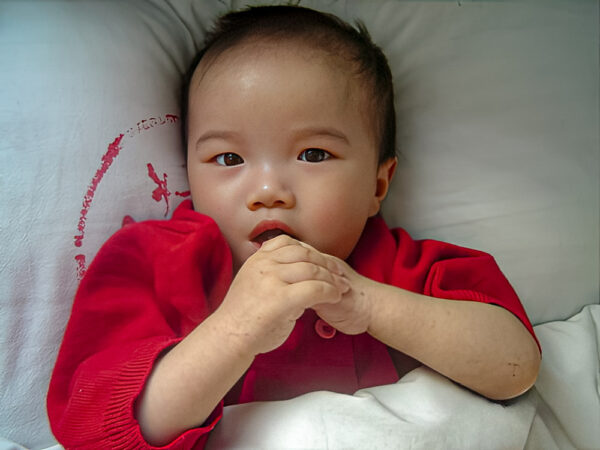Farewell to a Legacy of Love: LWB’s China Healing Home
Problems and solutions. So much of what we at LWB have done over the years has come about as a result of identifying a problem and finding a solution. This is exactly how our China Healing Homes program came to be 18 years ago, when our foundation was just a few years old. The Story […]
Read MoreMighty Marisol’s Story of Hope
Today we look back at a very special girl who we came to know as “Mighty Marisol” from our China Medical and Healing Homes programs. This tiny child fought her way through a very complex heart defect and serious post-operative complications that threatened to take her from the world. She is a survivor, and we […]
Read More213 Children Healed in Uganda: Our Latest Pediatric Hernia Mission
Last week, a team of 26 physicians, nurses, anesthesiologists, and other medical staff came together at Nebbi General Hospital in northern Uganda for our February 2024 Pediatric Hernia Mission — and it was an amazing week of hope and healing. Just imagine — 213 surgeries in five days! Tonight, so many children will sleep pain-free […]
Read MoreNew Healing Home Education Program in China
In 2023, we were able to make the gift of education a vital new part of our Healing Home program in China. This gift allows some of our older healing home residents the chance to grow their minds while receiving the nurturing care and medical attention that their little bodies need. Ten school-aged children participating […]
Read More20 Years of Hope: Hercules
All this year, as we have celebrated 20 Years of Hope — LWB’s 20th anniversary — we have been sharing updates on some of the wonderful children this community has impacted over the last two decades. Today, we look back on a little boy from China who has become very close to our hearts over […]
Read More20 Years of Hope: Emily
While visiting an orphanage in southern China in 2021, LWB’s CEO and founder Amy Eldridge encountered an unforgettable 16-month old girl we called Emily. In her book, “The Heart of Community,” Amy writes, She was lying flat on her back in an old metal crib, with a blanket covering her body. She was incredibly tiny. […]
Read More20 Years of Hope: Ting
In 2018, we first met Ting as a participant in our Life Skills Camp in Beijing, China. Our Life Skills Program focuses on older children who will soon be “aging out” of orphanage care in China. At the age of 18, Ting joined other young people to receive lessons on personal finance, self-esteem, career counseling, […]
Read More20 Years of Hope: Ruth
A beautiful little girl came into this world in the summer of 2017 in a rural community in eastern China. Sadly, at just a few weeks old, she was abandoned into orphanage care — most likely because she had been born with a cleft lip and palate. Thankfully, the director at this baby’s orphanage had […]
Read MoreLife Skills Camp for Vulnerable Teens
Pre-pandemic, LWB had a dynamic life skills program for children preparing to “age out” of institutional care in China. Hundreds of teens went through our camp program, coming together in Beijing to receive lessons on personal finance, self-esteem, career counseling, reproductive health, and so much more. In August, after a four-year hiatus, our Life Skills […]
Read More20 Years of Hope: Bekah
In late 2012, LWB was contacted about a toddler girl with a complex set of heart issues. Her orphanage in China had originally hoped she could be adopted and that surgery could be delayed until that time, but her low oxygen levels and repeated bouts of pneumonia let them know that she couldn’t wait any […]
Read MoreSearch
Categories
- Adoption
- Cambodia Programs
- China Programs
- Education
- Foster & Family Care
- Guatemala Programs
- Medical Care
- Nutrition
- Special Projects
Tags
20 Years of Hope adoption Amrita Hospital Beijing Believe In Me Believe In Me School Cambodia cardiac surgery Catch Up Class charity children's charity China China Healing Home cleft cleft lip cleft palate cleft surgery College scholarship COVID domestic adoption Early Childhood Development Center Education Foster Care Guatemala healing home Heartbridge heart defect heart surgery Hope Foster Home India international adoption landfill Love Without Boundaries malnutrition Nutrition orphan orphanage poverty Rangsei sponsor a child Story of Hope Uganda Uganda Heart Institute Unity Initiative VSD

